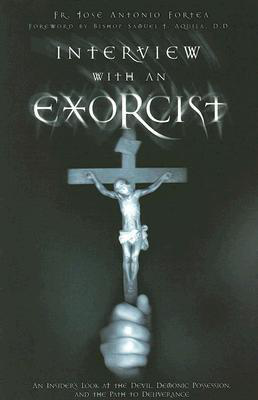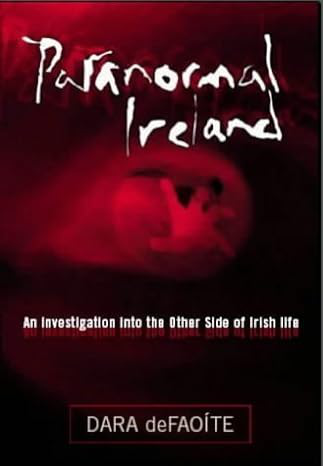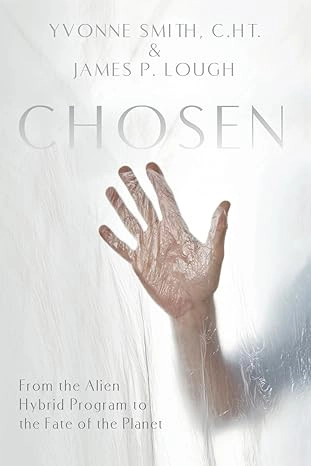Timeless Tradition of Historical Dates: Re-purpose of Important Dates Over Centuries
Mythology/Folklore/History
Friday 12th, July 2024
The 25th of December is a date steeped in history and cultural significance, tracing back to the later Roman Empire. This day, now synonymous with Christmas, has roots that extend to the ancient festival of Dies Natalis Solis Invicti, the "birthday of the Invincible Sun", instituted by Emperor Aurelian in AD 274.
In AD 274, Emperor Aurelian established the festival Dies Natalis Solis Invicti to celebrate the sun god Sol Invictus. This yearly event coincided with the winter solstice in the Roman calendar and symbolised the sun's triumph over darkness. In Rome, this festival was marked with thirty chariot races, a grand spectacle that highlighted the importance of Sol Invictus in Roman culture.
"Today (25th December) is the day in the later Roman empire when people celebrated the winter solstice and the birthday of the sun god Sol Invictus: the day was called 'dies natalis Invicti'. Sol Invictus (the 'unconquered sun' or 'unconquerable sun') drove a racing-chariot (quadriga) drawn by four horses. The Romans interpreted the sun as Sol racing his quadriga across the sky from sunrise to sunset... Sol was associated with Luna, the goddess of the moon, who drove a chariot (biga) drawn by two horses".
This elaborate celebration also included a temple dedicated to Sol Invictus in the Circus Maximus, Rome's most famous chariot racing stadium. The temple featured a statue of Sol driving his quadriga, embodying the god's daily journey across the sky.
The significance of December 25th as a festive date did not end with the Roman Empire. Over the centuries, this date has been appropriated and transformed by various cultures and religions, each adding their unique customs and meanings.
By the 4th century, Christians adopted December 25th to celebrate the birth of Jesus Christ, a decision influenced by its alignment with existing pagan festivities. This strategic choice facilitated the conversion of pagan Romans to Christianity by blending familiar traditions with new religious beliefs.
Another Roman order, Mithraism, which worshipped the god Mithras, also celebrated December 25th as the birth of their deity. Mithras, like Sol Invictus, was associated with the sun and light, symbolising the eternal battle between good and evil.
Today, December 25th is widely recognised as Christmas Day, celebrated by millions around the world. This day is marked by religious observances, family gatherings, and cultural traditions that reflect the blending of ancient and modern customs.
The choice of December 25th is not arbitrary but deeply rooted in the astronomical and symbolic significance of the winter solstice. The return of longer days after the solstice was a powerful metaphor for rebirth and renewal, themes central to both pagan and Christian traditions.
"The festival of Sol Invictus on the 25th December in the later Roman empire combined the festivals of both the old sun god (Sol Indiges) and the new official sun god (Deus Sol Invictus)".
Emperor Aurelian's establishment of Sol Invictus as "Dominus Imperii Romani", the official deity of the Roman Empire, underscored the sun god's importance not only as a symbol of light and victory but also as a unifying figure for the empire's diverse population.
From the chariot races of ancient Rome to the festive lights of modern Christmas, December 25th has remained a day of profound cultural and religious significance. The enduring legacy of this date illustrates the human tendency to seek and celebrate light in the darkest times, a tradition that transcends centuries and civilizations.
In AD 274, Emperor Aurelian established the festival Dies Natalis Solis Invicti to celebrate the sun god Sol Invictus. This yearly event coincided with the winter solstice in the Roman calendar and symbolised the sun's triumph over darkness. In Rome, this festival was marked with thirty chariot races, a grand spectacle that highlighted the importance of Sol Invictus in Roman culture.
"Today (25th December) is the day in the later Roman empire when people celebrated the winter solstice and the birthday of the sun god Sol Invictus: the day was called 'dies natalis Invicti'. Sol Invictus (the 'unconquered sun' or 'unconquerable sun') drove a racing-chariot (quadriga) drawn by four horses. The Romans interpreted the sun as Sol racing his quadriga across the sky from sunrise to sunset... Sol was associated with Luna, the goddess of the moon, who drove a chariot (biga) drawn by two horses".
This elaborate celebration also included a temple dedicated to Sol Invictus in the Circus Maximus, Rome's most famous chariot racing stadium. The temple featured a statue of Sol driving his quadriga, embodying the god's daily journey across the sky.
The significance of December 25th as a festive date did not end with the Roman Empire. Over the centuries, this date has been appropriated and transformed by various cultures and religions, each adding their unique customs and meanings.
By the 4th century, Christians adopted December 25th to celebrate the birth of Jesus Christ, a decision influenced by its alignment with existing pagan festivities. This strategic choice facilitated the conversion of pagan Romans to Christianity by blending familiar traditions with new religious beliefs.
Another Roman order, Mithraism, which worshipped the god Mithras, also celebrated December 25th as the birth of their deity. Mithras, like Sol Invictus, was associated with the sun and light, symbolising the eternal battle between good and evil.
Today, December 25th is widely recognised as Christmas Day, celebrated by millions around the world. This day is marked by religious observances, family gatherings, and cultural traditions that reflect the blending of ancient and modern customs.
The choice of December 25th is not arbitrary but deeply rooted in the astronomical and symbolic significance of the winter solstice. The return of longer days after the solstice was a powerful metaphor for rebirth and renewal, themes central to both pagan and Christian traditions.
"The festival of Sol Invictus on the 25th December in the later Roman empire combined the festivals of both the old sun god (Sol Indiges) and the new official sun god (Deus Sol Invictus)".
Emperor Aurelian's establishment of Sol Invictus as "Dominus Imperii Romani", the official deity of the Roman Empire, underscored the sun god's importance not only as a symbol of light and victory but also as a unifying figure for the empire's diverse population.
From the chariot races of ancient Rome to the festive lights of modern Christmas, December 25th has remained a day of profound cultural and religious significance. The enduring legacy of this date illustrates the human tendency to seek and celebrate light in the darkest times, a tradition that transcends centuries and civilizations.



